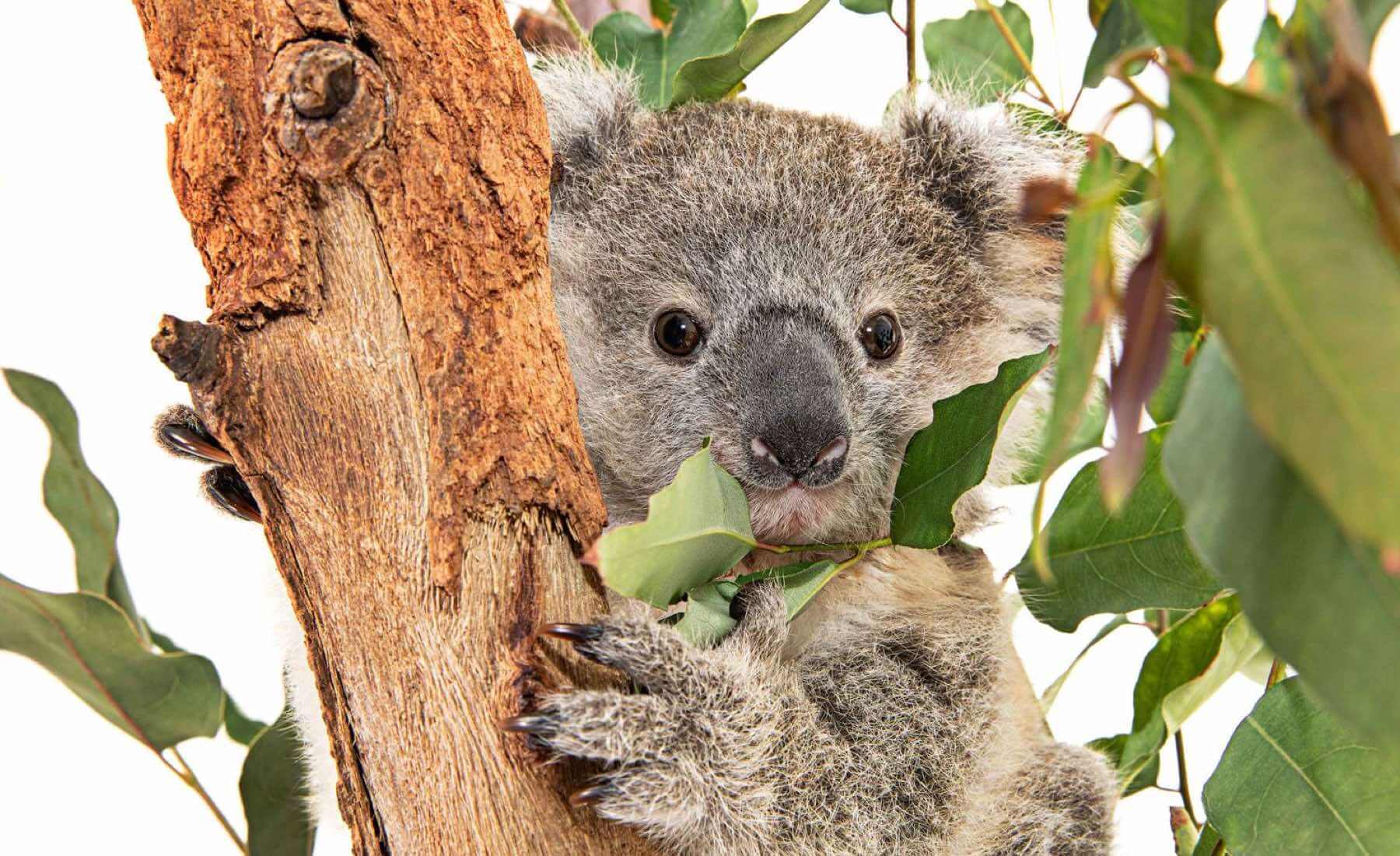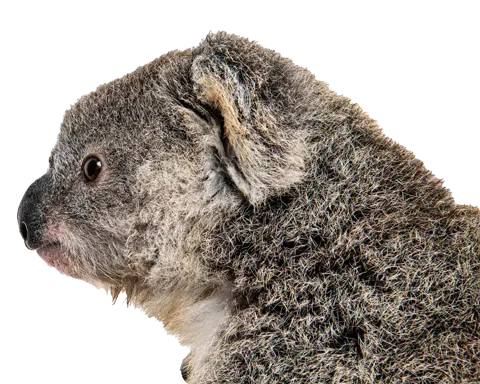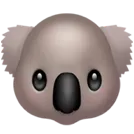
Koalas are one of Australia's most iconic animals, with their numbers rapidly declining due to urban development and deforestation. They survive on a diet of leaves, mostly eucalyptus, and can sleep up to 20 hours a day. The koala population has also been impacted by the spread of chlamydia, which if left untreated can eventually lead to infertility and blindness. Never attempt to pick up or chase a koala as they not only have sharp claws but the stress can kill them. Koalas are mostly injured from being hit by a car or attacked by dogs. Please keep all domestic pets away from koalas at all times. Restrain your pet if you find a sick, injured, or orphaned koala.
• Anyone finding a sick, injured, or orphaned koala must contact a licensed wildlife group to find an experienced koala carer immediately. Koalas have highly specialised needs.
• If injured on the ground, cover the animal with something warm like a blanket, towel, or jumper. Place an empty box or basket over an injured koala and weigh it down to prevent escape. Don’t attempt to pick up or move a live koala. Never grab around the chest.
• Give it something to hold on to such as a rolled up towel or old soft toy.
• Tell rescuers where to find the koala – give a detailed description of the area, preferably with a photo and GPS location.
• Do not attempt to give the animal any food or water.
• If a dead adult is found, please take a note of any ID tag and report the number to the relevant government department.
• If a dead adult is found, check to see if it’s a female as it may have a joey in the pouch. If there is a live joey, then transport the dead adult with the young still in the pouch to the local vet or wildlife group carer, keeping the joey as warm as possible.
• Search nearby if you find a dead female with an active teat. A joey may have separated and will need to be rescued. If found, cover with something warm and secure if possible, but don’t chase it or pick it up.


